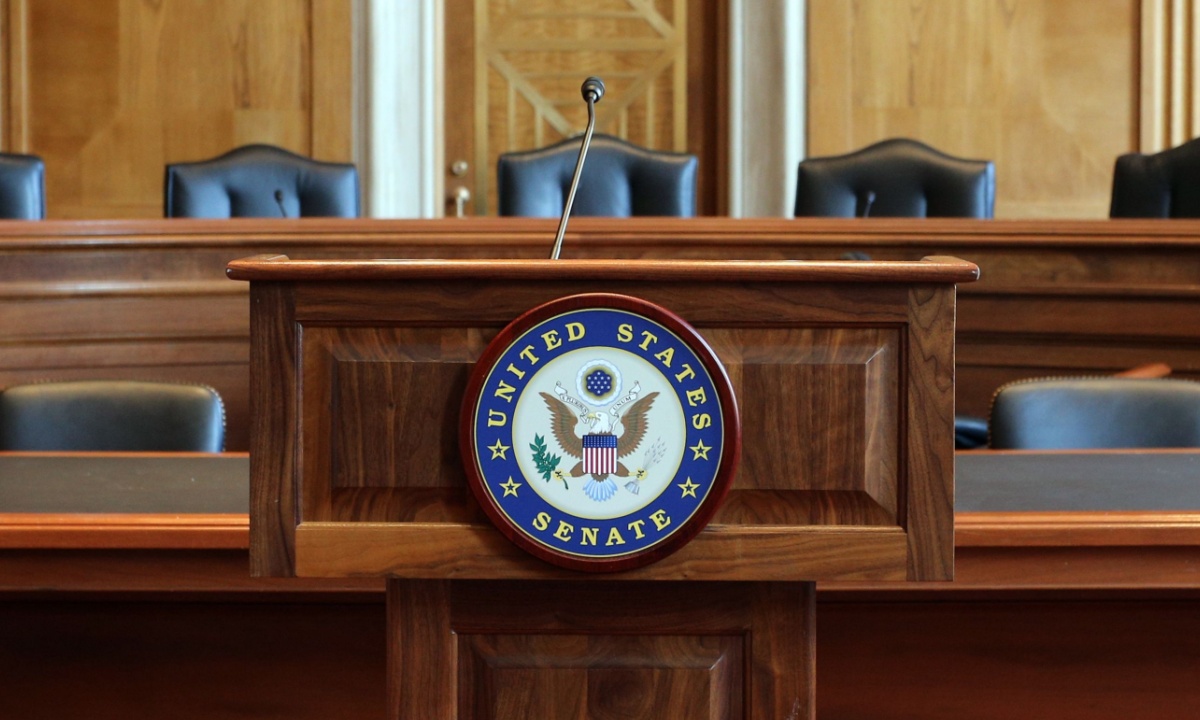A significant bipartisan legislative effort is underway to establish a pioneering artificial intelligence regulatory sandbox within the financial services sector, aiming to strategically balance groundbreaking innovation with robust oversight. This initiative reflects a proactive approach by lawmakers to navigate the complex landscape of AI-driven advancements, ensuring responsible development and deployment in a critical industry.
The core of this re-introduced bill, championed by Senator Mike Rounds, allows financial institutions an invaluable opportunity to test novel AI tools in a controlled environment without immediate fear of sanctions. This regulatory flexibility is contingent upon strict adherence to crucial parameters, including comprehensive transparency, ironclad safety protocols, and robust national security requirements, thereby fostering a secure space for technological exploration.
Senators from across the political spectrum have vocalized profound concerns regarding the potential risks associated with unregulated artificial intelligence. Senator Mark Warner, for instance, drew a poignant parallel between the current juncture and historical missed opportunities in regulating social media, underscoring the urgent need for preemptive regulatory frameworks to guide AI’s integration into the financial ecosystem.
Senator Rounds articulated his vision for the AI regulatory sandbox as a crucial mechanism to create a “safe space for experimentation.” He believes this innovative approach will empower financial firms to accelerate their adoption of advanced AI technologies while simultaneously enabling regulators to gain deeper insights and develop relevant guidelines, thereby avoiding the pitfalls of applying outdated rules to cutting-edge technology. The bill was initially introduced in 2024, highlighting ongoing efforts in this area.
The necessity for such a sandbox is underscored by emerging risks and ethical dilemmas within AI application. Examples cited include the controversies surrounding Delta Air Lines’ AI systems, which have sparked concerns over “surveillance pricing” tactics. Furthermore, the financial sector is grappling with a significant uptick in fraud, with generative AI identified as a key driver behind a staggering 148% year-over-year increase in financial fraud incidents, emphasizing the dual potential of AI for both progress and peril.
Beyond consumer protection, the legislation also implicitly addresses broader concerns about market stability and the potential for adversarial actions. Discussions in the Senate subcommittee touched upon the threat of sophisticated attacks that could destabilize U.S. financial markets, even through millisecond delays in order execution. Such considerations highlight the critical need for financial institutions to integrate AI responsibly, safeguarding the integrity and security of national economic infrastructure.
Ultimately, this legislative push represents a pivotal step towards constructing a regulatory environment that champions the immense potential of artificial intelligence in financial services while meticulously mitigating its inherent risks. By fostering a collaborative space for innovation and oversight, the bill aims to ensure that technological advancements contribute positively to the economy, safeguard consumers, and uphold the stability of the financial system for the future.






Leave a Reply